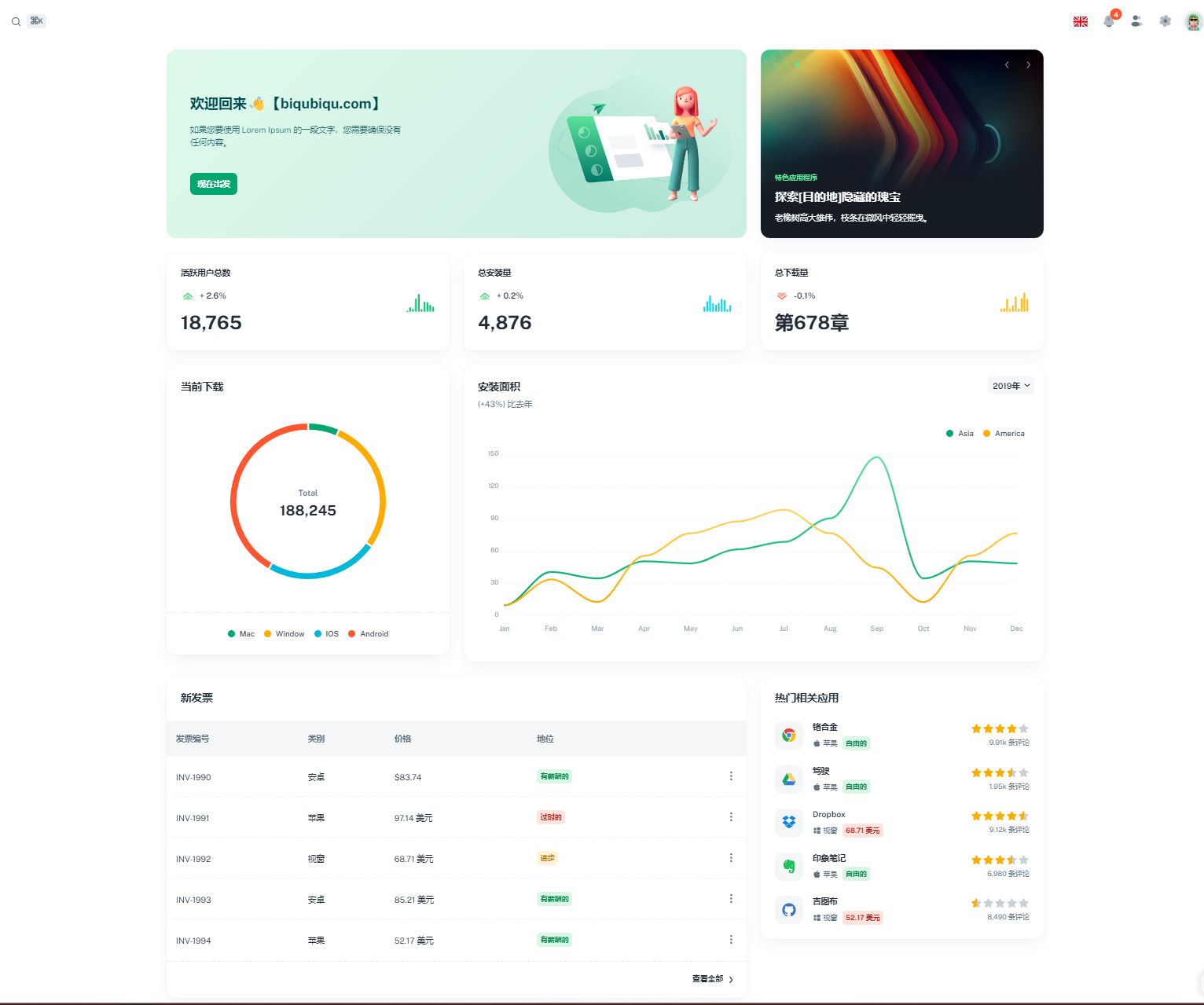花生ip实名账号:The Hidden Costs of Prepaid Data Cards to Watch Out For
The Hidden Costs of Prepaid Data Cards to Watch Out For
Prepaid data cards offer a convenient way to stay connected without the need for a long-term contract, offering users flexibility and control over their data usage.
However, it is important to be aware of the potential hidden costs associated with prepaid data cards to ensure you make informed decisions and get the best value for your money.
Fees and Surcharges
Many prepaid data cards come with various fees and surcharges that can add up over time, eroding the value of the plan. Activation fees, monthly or annual service charges, and usage taxes are common examples. For instance, you might incur a \$10 activation fee, a \$50 monthly service charge, and applicable taxes on your data usage.
To avoid these surprises, carefully read the terms and conditions of the prepaid data card before purchasing. Ensure you understand all the fees and charges associated with the plan and factor them into your decision-making process.
Data Throttling and Capping
Data throttling and capping are measures implemented by some prepaid data card providers to manage network congestion and control data usage. When you reach a certain data limit or threshold, your internet speed may be reduced (throttled) or your data access may be terminated (capped).

This can be particularly frustrating if you are engaged in data-intensive activities such as streaming videos, downloading large files, or participating in online gaming. To avoid these issues, choose a prepaid data card that offers sufficient data allowance for your usage needs. If possible, opt for a plan with unlimited data to ensure you have uninterrupted high-speed internet access.
Limited Network Coverage
Prepaid data cards rely on the network infrastructure of the service provider. In areas with poor or limited coverage, you may experience weak signal strength, slow data speeds, or even no connectivity at all. This is especially relevant if you travel frequently or live in rural areas.
Before purchasing a prepaid data card, research the coverage map of the service provider in your area to ensure you have reliable network connectivity. Consider choosing a provider with a vast and robust network infrastructure to minimize the chances of encountering connectivity issues.
4.Data Rollover and Expiration
Some prepaid data cards come with data rollover policies, allowing you to carry over any unused data from one month to the next. However, this is not always the case. Some plans have strict expiration dates, meaning any unused data will be forfeited at the end of the month.
If you are not a regular data user or anticipate having periods of low data usage, choose a prepaid data card with a rollover policy to maximize the value of your plan.
5.Tethering and Hotspot Restrictions
Tethering allows you to share your data connection with other devices, such as laptops, tablets, or gaming consoles, through a Wi-Fi hotspot. However, some prepaid data card providers restrict or prohibit tethering altogether.
If you plan to use your prepaid data card for tethering, ensure you choose a plan that explicitly allows this feature. Additionally, be aware that tethering can consume data more quickly, potentially resulting in higher charges or exceeding your data limit.
6.Contract Terms and Termination Fees
While prepaid data cards are generally considered flexible and contract-free, some providers may offer plans with minimum contract terms or early termination fees. If you decide to cancel your service before the end of the contract period, you may be required to pay a penalty fee.
Before committing to a prepaid data card plan, carefully review the terms and conditions to understand any contractual obligations or termination fees. Choose a plan that aligns with your usage needs and allows you to cancel or switch providers without incurring additional costs.
7.Data Overages and Roaming Charges
Exceeding your data limit can result in significant overage charges. These charges vary between providers but can be substantial, especially if you are unaware of your data usage or accidentally use more data than anticipated.
To avoid overage charges, keep track of your data usage and set data usage limits on your devices. Consider opting for a prepaid data card with unlimited data or a plan that includes a warning threshold to alert you when you approach your data limit.
Additionally, if you plan to use your prepaid data card while traveling outside your home country, be aware of potential roaming charges. These charges can be exorbitant, especially in certain countries or when accessing data-intensive services. It is advisable to check with your service provider about roaming charges and consider purchasing a local SIM card or using Wi-Fi hotspots to minimize costs.
Conclusion
Prepaid data cards offer convenience and flexibility, but it is crucial to be informed about the potential hidden costs to make a wise decision and avoid unpleasant surprises.
By carefully considering factors such as fees and surcharges, data throttling and capping, network coverage, data rollover and expiration, tethering and hotspot restrictions, contract terms and termination fees, data overages, and roaming charges, you can choose a prepaid data card plan that best suits your needs and budget.
